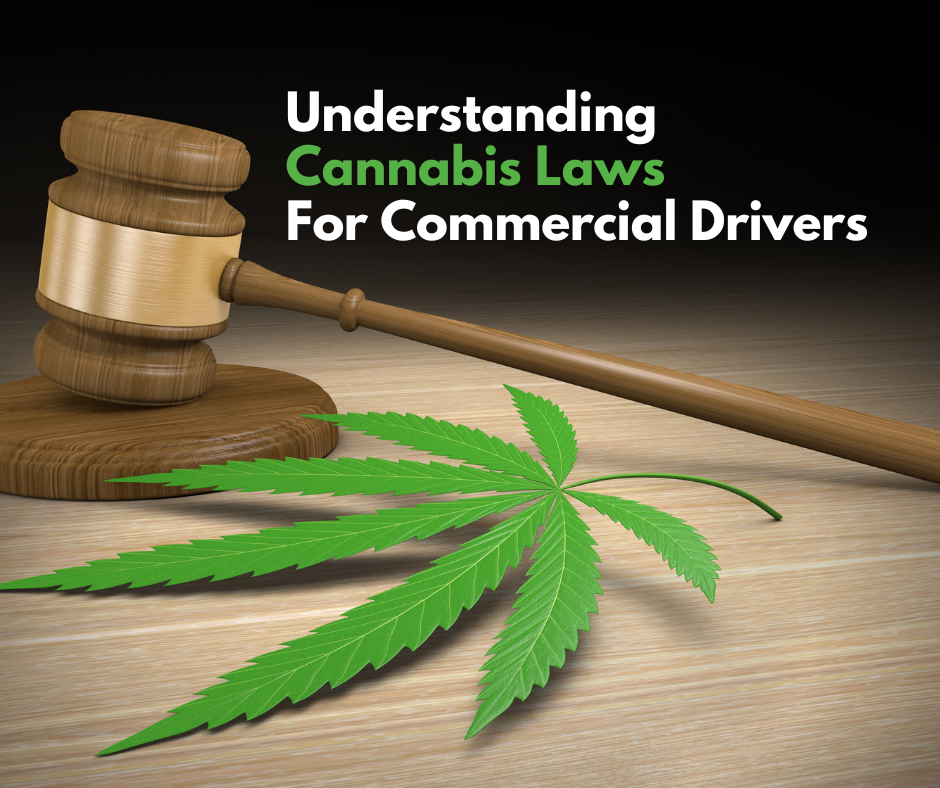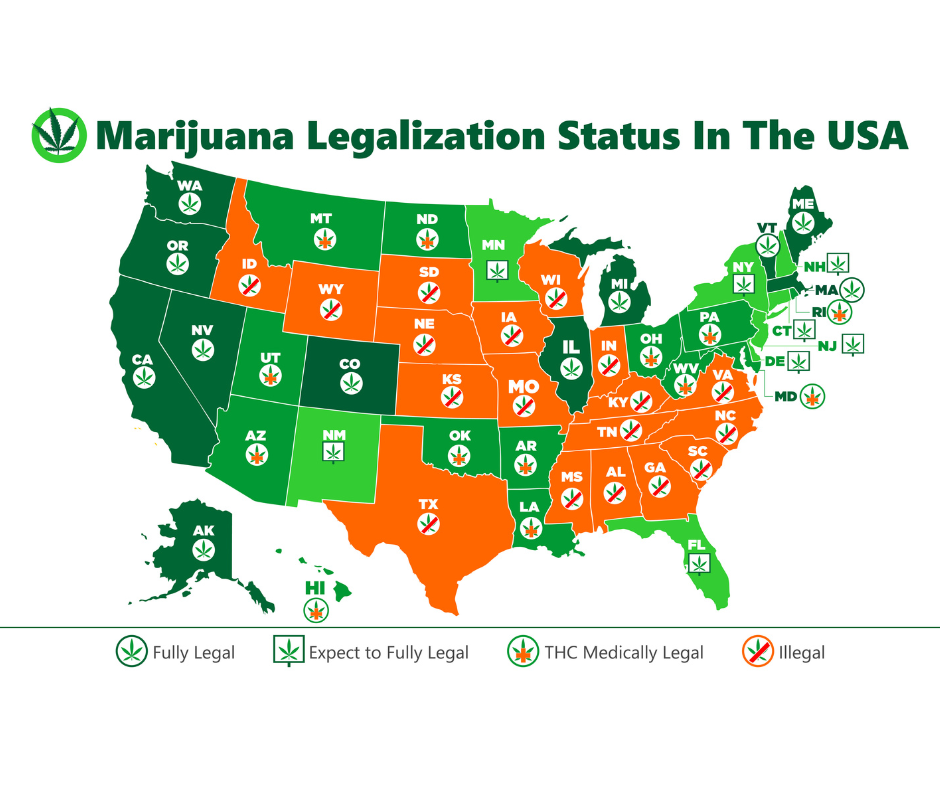 In recent years, the United States has witnessed a significant shift in attitudes and regulations surrounding the use of marijuana. With an increasing number of states legalizing the recreational or medicinal use of cannabis, it is crucial to explore how these evolving laws impact various sectors of society. In particular, this blog will delve into the complex issue of commercial drivers losing their licenses due to differing state marijuana laws, shedding light on the challenges these professionals face in maintaining compliance and ensuring road safety.
In recent years, the United States has witnessed a significant shift in attitudes and regulations surrounding the use of marijuana. With an increasing number of states legalizing the recreational or medicinal use of cannabis, it is crucial to explore how these evolving laws impact various sectors of society. In particular, this blog will delve into the complex issue of commercial drivers losing their licenses due to differing state marijuana laws, shedding light on the challenges these professionals face in maintaining compliance and ensuring road safety.
Understanding State Marijuana
The landscape of marijuana laws in the United States is complex and diverse. As of my knowledge cutoff in September 2021, 18 states had legalized recreational marijuana use, while 36 states had approved its medical use. However, the specifics of these laws vary significantly from one state to another, encompassing regulations concerning possession limits, permitted consumption areas, drug testing protocols, and impairment thresholds for operating a motor vehicle. Even medicinal marijuana use is not allowed for commercial truck drivers, regardless of whether or not it is obtained legally. Read Darryl Hurtt vs. The State of Iowa
Implications for Commercial Drivers
Commercial drivers play a critical role in transporting goods across state lines, making it essential for them to be aware of and comply with the laws of each jurisdiction they traverse. However, the varying marijuana regulations between states present a major challenge. For instance, a semi driver who legally uses marijuana for medicinal purposes in one state might face severe consequences, including the loss of their commercial driver’s license (CDL), when entering a neighboring state that does not recognize their cannabis use as lawful.
Legal Conundrums and License Suspensions
The inconsistency between state marijuana laws can create legal conundrums for semi drivers. A CDL is issued by the federal government, and driving across state lines falls under interstate commerce regulations. However, marijuana laws are primarily state-based, resulting in conflicts between federal and state regulations. This discrepancy can lead to license suspensions or revocations for semi drivers who inadvertently find themselves on the wrong side of the law when crossing state borders.
 Safety Concerns and Drug Testing
Safety Concerns and Drug Testing
Ensuring road safety is paramount, and preventing impaired driving is a crucial part of that endeavor. While there is a consensus that operating a vehicle while under the influence of marijuana is unsafe, determining impairment levels can be challenging due to the drug’s complex effects on individuals. Drug testing methods can detect the presence of cannabis metabolites, but they do not provide an accurate measure of impairment at the time of testing. As a result, semi drivers who may have consumed marijuana legally in one state can test positive in another and face severe consequences.
The number of truck drivers testing positive for marijuana use increased 9.2% the first three months of 2023, and a large number of those who failed their tests are not enrolling in the return-to-work program, according to federal Drug & Alcohol Clearinghouse data. To read more, visit ttnaews.com
- Any presence of THC in a drug test results in a positive result.
- Despite individual state laws on marijuana use, employees in DOT-regulated industries, such as professional drivers, technicians, and warehouse workers in safety-sensitive positions, are prohibited from using marijuana.
- Legal over-the-counter CBD products may still cause individuals to fail a THC drug test.
- Carriers have been required to report positive test results and refusals to test to the FMCSA’s Drug and Alcohol Clearinghouse since January 2020.
Addressing the Issue
To navigate this complex landscape, several approaches can be considered. First, there is a need for increased collaboration between federal and state authorities to establish consistent guidelines regarding marijuana use and transportation across state lines. Additionally, educating and training professional drivers on the intricacies of state marijuana laws can help them make informed decisions and minimize potential legal risks.
As marijuana laws continue to evolve across the United States, the challenges faced by semi drivers are becoming increasingly apparent. Striking a balance between individual rights, road safety, and interstate commerce requires a comprehensive approach that promotes consistency and cooperation between federal and state authorities. By addressing this issue, we can ensure the safety of our roads while safeguarding the livelihoods of those who keep our economy moving forward.
Liquid Trucking prioritizes the safety of our team members and actively educate individuals about the consequences of driving under the influence and the impact of illegal substances on their personal and professional lives. We are committed to a drug-free workplace. If you have any questions regarding this topic, please contact us.
